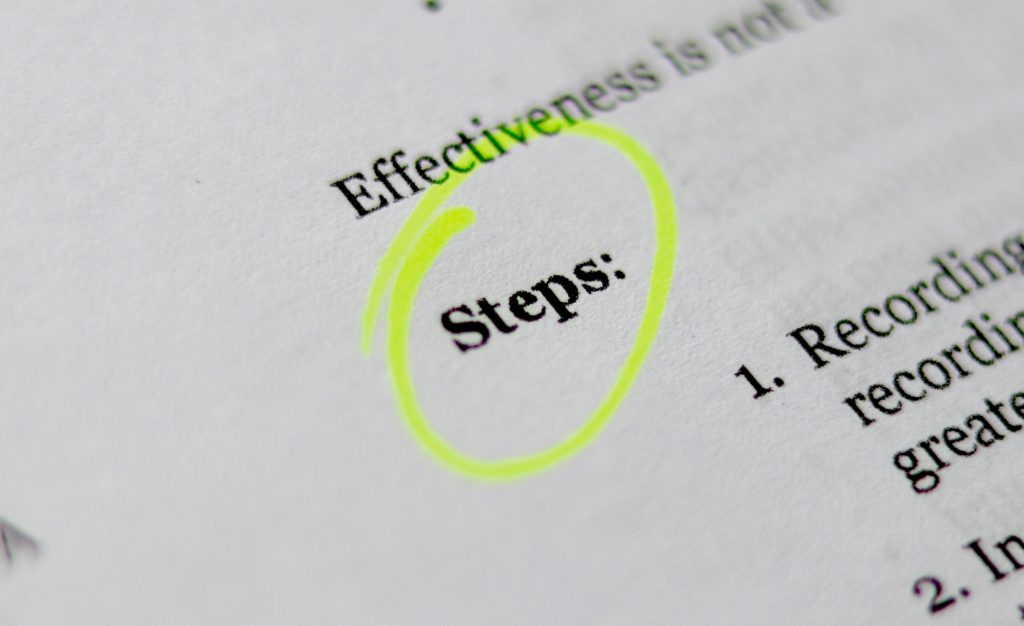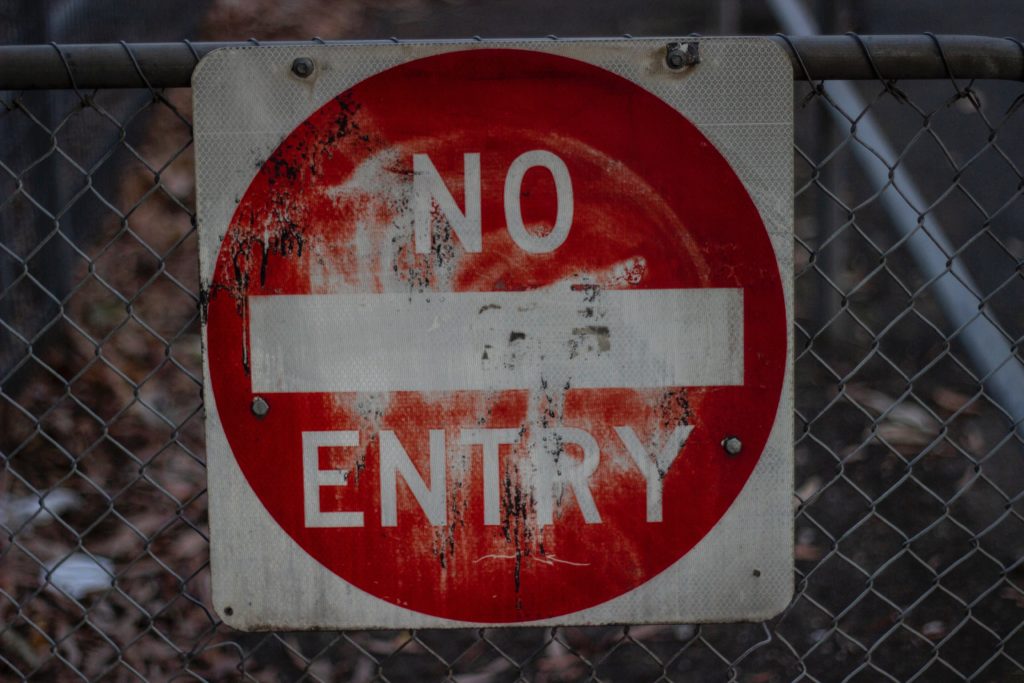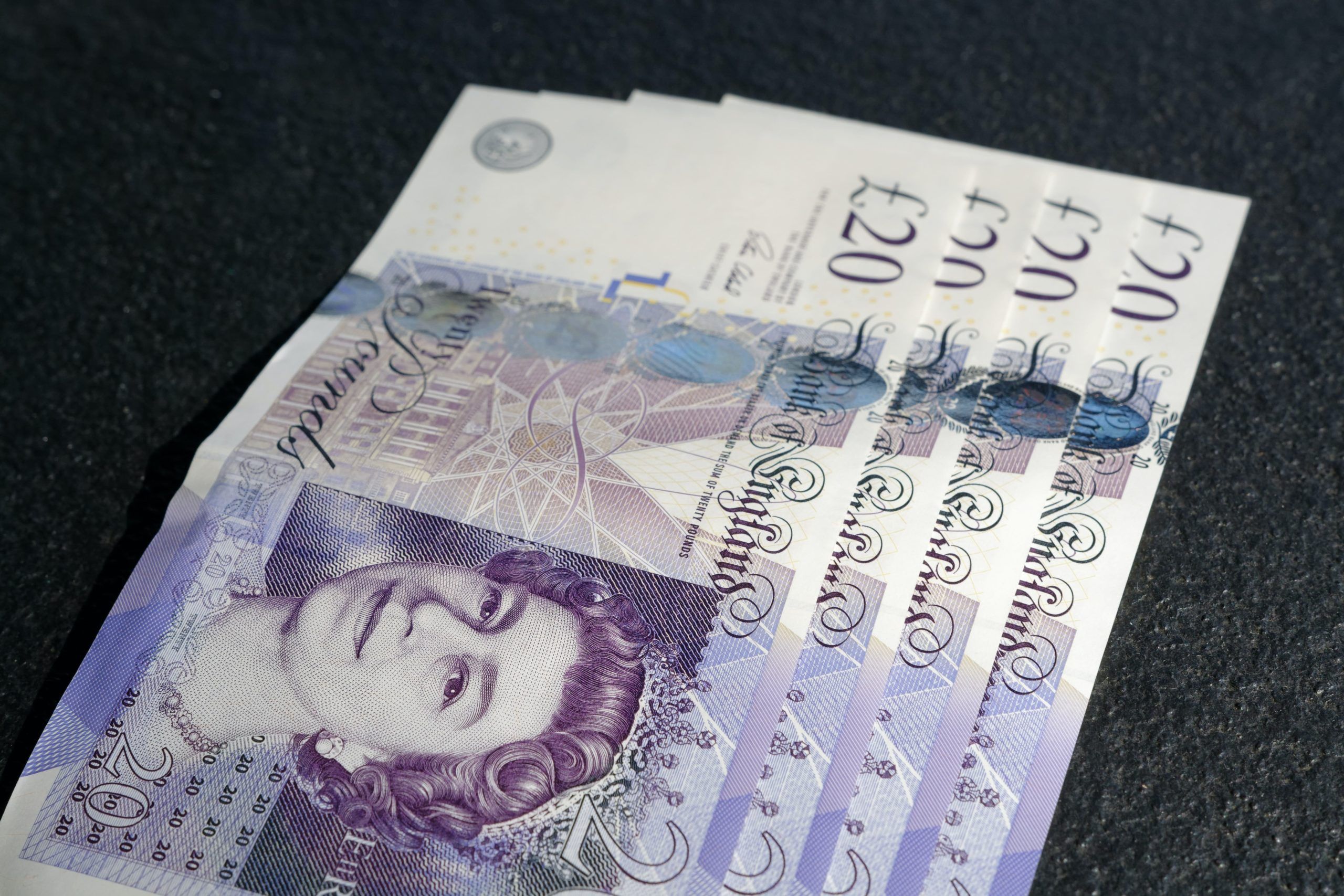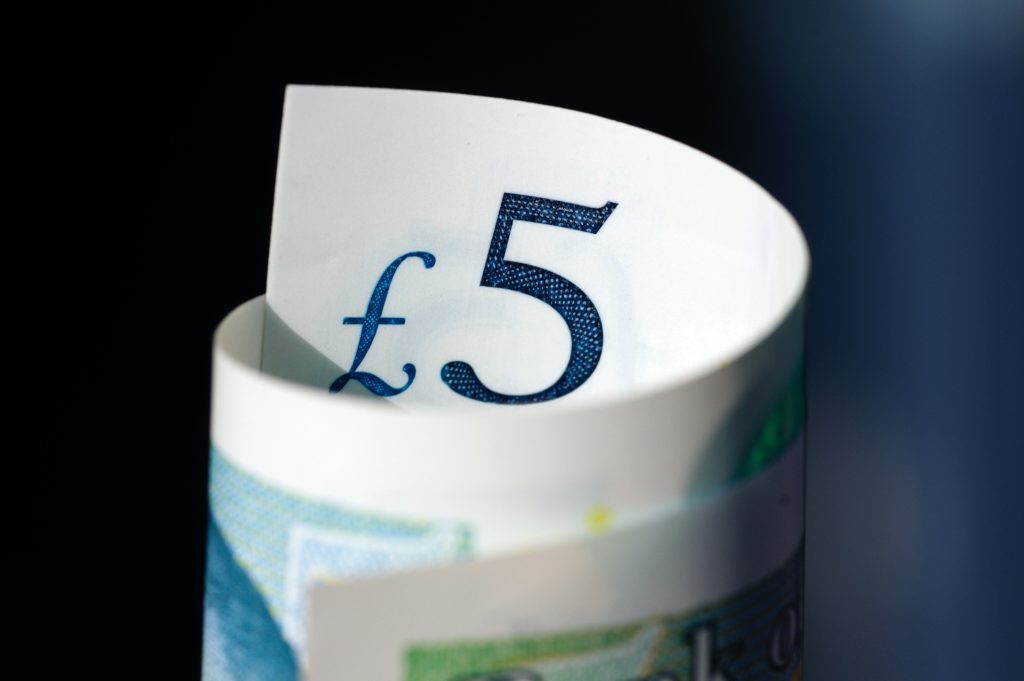How To Apply For An IVA
An IVA is a debt management solution that can allow you to make affordable payments over a fixed period, typically 5 or 6 years. At the end of your IVA, the outstanding balances are written off and you will be debt free. This page will give you an overview of what an IVA is, how it works, and how you can apply for one.
What is an IVA?
An IVA (Individual Voluntary Arrangement) is a legal agreement between you and your creditors. It’s a way of paying back some or all of what you owe over a fixed period, usually 5 years. You pay back a certain percentage of your debt in monthly instalments. Your creditors then write off the rest at the end of the agreed period.
Once your IVA is in place, your creditors can’t take any further action to recover money from you, so you are protected against bailiffs. Interest and charges on the debts will also be frozen.
At the end of the IVA, your debts will be paid off and your creditors cannot chase you for the remaining balance.
How does an IVA work?
An IVA allows you to pay back your debts in affordable, usually monthly, instalments. When you apply for an IVA, you will work with an Insolvency Practitioner and they will start by assessing your finances. Once they have calculated what your disposable income is and what you can realistically afford to pay back (usually over the course of five years), they will help you draft an IVA proposal for your creditors.
This proposal offers to pay back a certain percentage of the debts in monthly instalments. It is then up to your creditors to vote on whether they accept the offer or not. If at least 75% (by value) of voting creditors agree, the IVA is approved and you start making payments to your Insolvency Practitioner. You typically make a single payment each month. Your Insolvency Practitioner is then responsible for making payment to your creditors on your behalf. This is a lot easier to manage than multiple debts that are payable at different times of the month. The fees and associated costs of an IVA are incorporated into your affordable monthly repayment, and they are agreed with your creditors at the time the IVA is approved.
During the IVA, you will be subject to certain restrictions. For example, you cannot borrow more than £500 without permission from your Insolvency Practitioner. You must also agree to keep your Insolvency Practitioner up to date with any changes to your circumstances and understand that it is possible that your repayment could go up or down as a result of this.
As long as you make your IVA repayments on time every month, it will end after the agreed term and the remaining debt will be written off. However, if you miss payments, it can be extended.
What debts are covered by an IVA?

The majority of unsecured debts are covered by an IVA. Debts that are covered include:
- Personal loans (including payday loans)
- Credit cards
- Overdrafts
- Utility bill arrears
- Council tax arrears
- Income tax and national insurance arrears
Although most debts are covered by an IVA, there are some exceptions. Debts that are not covered by an IVA include:
- Student loans
- Child support arrears
- TV licence arrears
- Magistrates’ court fines
- Social fund loans
- Court ordered maintenance arrears
How do I apply for an IVA?
If you want to apply for an IVA, you need to get some expert advice first. In some cases, it can be an effective method for writing off debt and helping you manage your finances but it is not always suitable. Depending on your personal financial situation, you may need to consider alternatives. At Swift Debt Help, we can advise you on whether an IVA is the right choice for you.
The next step, if you decide to go ahead with an IVA, is to contact an Insolvency Practitioner. Your application must be submitted via an Insolvency Practitioner that has been authorised to set up IVA’s. They will talk through your finances with you and assess your situation before creating a proposal with you for your creditors.
What is the IVA application process?

Assessing your finances
The first step in the IVA application process is an assessment of your finances by your Insolvency Practitioner. They will need to see as many details as possible including bank statements, payslips, and bills. They also need information about your assets.
This gives them a full picture of your financial situation and how much disposable income you have available to pay your debts.
Writing a proposal for creditors
Using all of the information that you have given them, your Insolvency Practitioner will help you to create a proposal for your creditors. The proposal will offer to pay back a certain amount of your debt in monthly instalments. The figure will be based on what you can afford to pay each month.
The proposal also outlines what is to be done with your assets. If you own a property you will not be required to sell it, however there may be a requirement to attempt to release equity if you are able to towards the end of the term of the IVA.
As well as the proposal, your Insolvency Practitioner will create a report for the creditors giving detailed information about your finances, details of the IVA and reasons why they believe that an IVA is beneficial for all parties involved.
Creditors make their decision
Once the proposal is ready, your Insolvency Practitioner will invite your creditors to attend a virtual meeting, providing them with an opportunity to review the terms of the proposal before voting on it. You may also attend this meeting if you wish, but this is not necessary.
At least 75% (by value) of voting creditors must vote in favour of the IVA for it to be approved. If you get enough votes, all creditors will be legally bound by the IVA, including those that voted to reject it. The value of the debt that you owe to each creditor determines their influence in the vote. For example, if all your creditors voted, and you owe 50% of your debt to a single creditor, their vote counts as 50% of the overall vote.
In some cases, creditors may ask for changes to be made to the terms of the IVA as a condition of them accepting your proposal. These are known as “modifications”. If this happens, you will be asked to confirm your agreement to the changes before the IVA goes ahead. You do not have to accept any proposed modifications, but it may result in the IVA not being approved if you don’t.
The entire IVA application process usually takes around three weeks. Hopefully, the creditors vote in favour of the IVA and you can start making your monthly payments.
How do I qualify for an IVA?
An Insolvency Practitioner will determine whether an IVA is an appropriate option for you based on your circumstances, but ultimately it is your creditors’ decision whether or not your IVA will be approved. Typically, you must owe over £5000 to at least 2 creditors. Crucially, you must be insolvent, meaning that you are unable to make the monthly repayments on your debts even though you have a regular income.
As long as you meet these criteria, you can start an application for an IVA. However, your Insolvency Practitioner will discuss other options with you as well. Once the proposal has been submitted, it is down to your creditors to decide whether they accept it or not.
What if my IVA is rejected?

If your IVA is rejected, in simple terms your situation remains the same as it did before you put the application in. You still owe money to your creditors and if you stalled contractual repayments to your creditors while you were making your application, you may have additional charges to pay.
You can put another application in, but this is not advisable unless your situation has changed. When an IVA proposal is rejected, the reasons for the rejection are usually provided. So you should bear these in mind when considering another application. If it is still likely to be rejected, it is unlikely your Insolvency Practitioner will agree to put a further proposal forward on your behalf. There are however no restrictions on how many IVA applications you can make, and it is possible to get an IVA approved in the future even if you have had one rejected in the past. The Insolvency Practitioner will always make an assessment as to the likelihood of creditors accepting your proposal, they will advise whether they recommend making another application.
If you aren’t able to get your IVA approved, you may need to consider your alternative options, such as bankruptcy or a debt management plan.
Alternative solutions
There are a number of alternative debt solutions available to you if your IVA is rejected. At Swift Debt Help, we can provide you with useful information on these alternative solutions.
Bankruptcy
Declaring bankruptcy can be an effective way to achieve debt write off. Your non-essential assets and disposable income are used to pay off as much of the debt as possible. Typically you will be automatically discharged from the bankruptcy after a year, however if you are required to make payments out of your income (known as an “Income Payments Agreement” or “Income Payments Order”), then this obligation can remain for up to three years. After the bankruptcy is finished, the remainder of your debts will be written off. You have less protection for your assets than you would with an IVA. It costs £680 to petition for your own bankruptcy.
DRO
A DRO (Debt Relief Order) pauses all of your debt repayments and interest for 12 months. It is only appropriate for individuals with very low disposable income, and has other strict criteria that must also be met in order to qualify. To apply for a DRO you must submit your application via an authorised debt advisor. It involves a one off cost of £90 to have your application considered by the Official Receiver. If a DRO is granted, if your situation has not improved at the end of the 12 months, your debts will be written off.
Debt Management Plan
A Debt Management Plan is an informal debt solution, meaning that it is not legally binding. If you are unable to afford your current repayments, you can negotiate a reduced rate with your creditors. You will not write off any of the debt, but it does make it more manageable. This option could help you avoid some of the negative effects that formal solutions have on your ability to borrow money in the future.
Need further help?
If you are struggling with debts that you cannot pay and you don’t know what to do, get in touch with Swift Debt Help today. Our expert advisors can talk you through IVA’s and other debt management solutions to help you find a way to regain control of your finances.
Request a Debt Assessment
Disclaimer: For guidance only. Financial information entered must be accurate and would require verification. Other factors will influence your most suitable debt solution.





